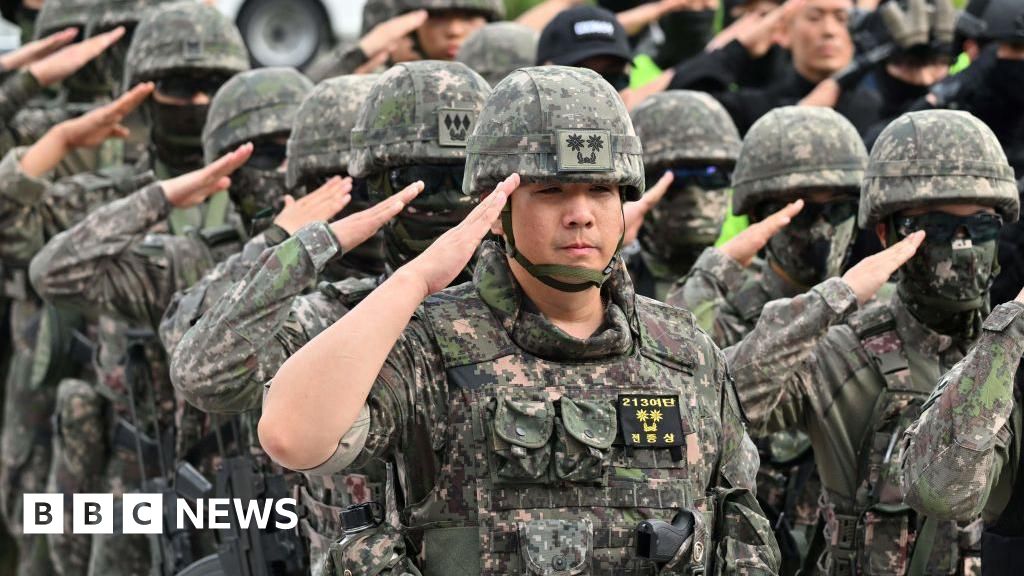Kinder shrinks multipacks of Bueno bars from four to three but keeps price the same
KINDER has crunched multipacks of its iconic Bueno bars from eight sticks to six in the latest blatant example of shrinkflation ripping off hard-up Brits.
The beloved chocolate bar’s makers have slashed the size of a pack by a quarter but kept its £2.30 price tag the same.
It means just three of the two-stick choc and hazelnut wafer bars are in each multipack compared to four.
The switch has infuriated shoppers who feel short-changed on the school lunchbox staple popular with millions of children and adults.
One wrote online: “Why oh why is this happening to my precious Bueno?
“They have started selling them in packs of three instead of four for more or less the same price. I just don’t understand.
Read More on SHRINKFLATION
“Years ago, I remember a time they’d sell them in packs of five.”
Kinder is owned by Ferrero, which raked in a huge £624million in revenue last year, with a pre-tax profit of £21m.
The confectionery giant, which also owns Thorntons and Tic Tacs, complained that “the ongoing inflationary environment” forced its costs up by £70m.
It is thought to be the reason why its products have repeatedly shrunk.
Stingy Ferrero bosses previously sparked mass fury by slashing the size of Nutella jars by 50 grams in 2021.
Ferrero declined to comment.

